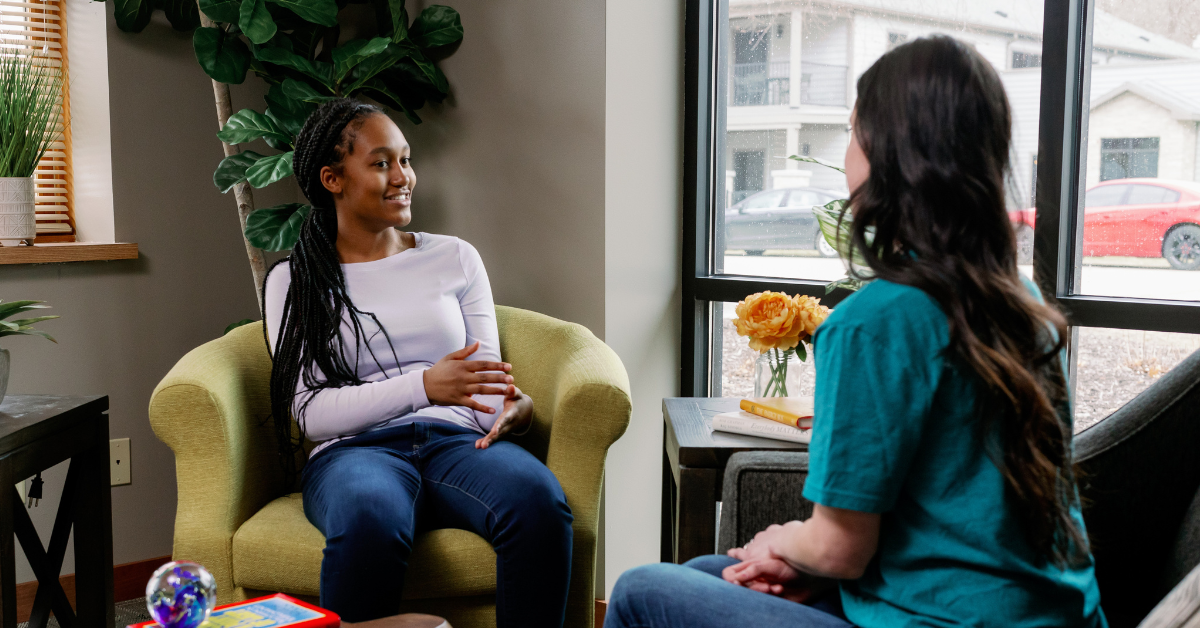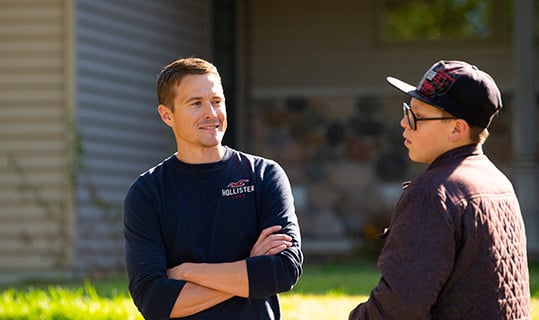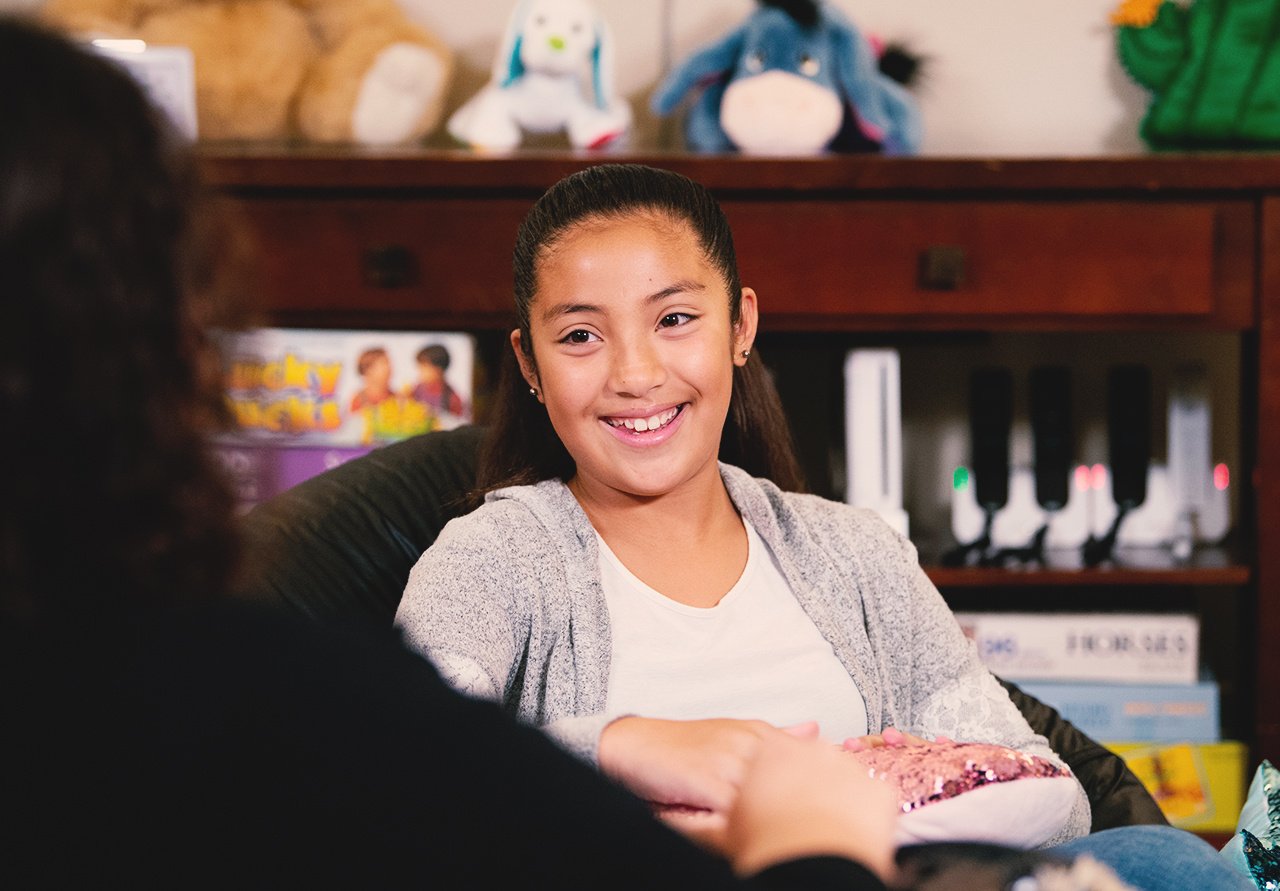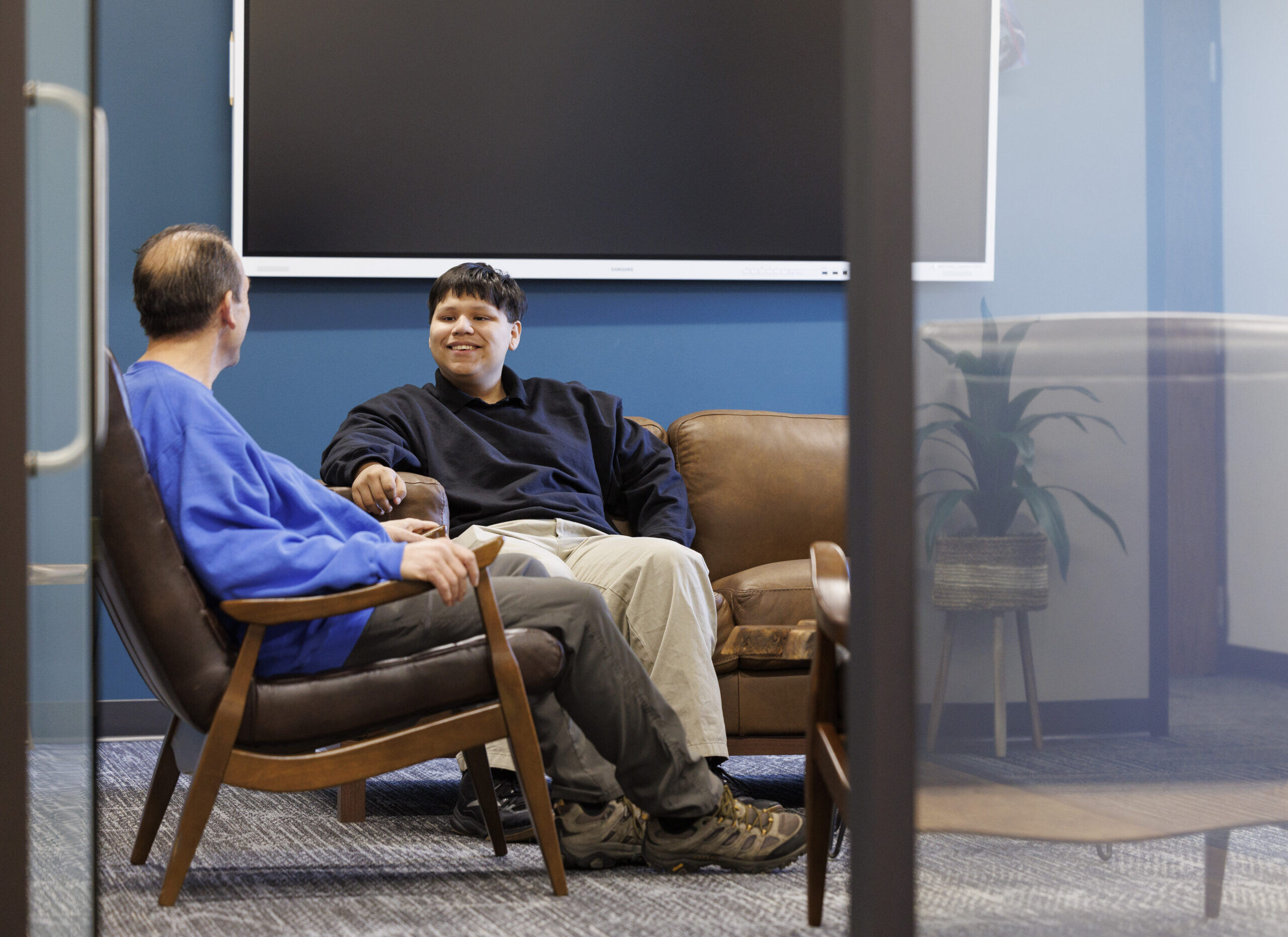
When teens feel depressed, anxious, or sad, they don’t always ask for help. They may try to navigate difficult emotions on their own, but without the skills to process their feelings, teens can become overwhelmed and break down. That’s often when their parents or guardians decide that finding a therapist for their child is the best way to help them.
So, when should a teenager see a therapist? Ideally, before difficult situations arise.
Adults are familiar with life’s most painful and disruptive challenges, but teens don’t have the same context. Parents and guardians can anticipate life events that may be hard for teens, and enroll them in therapy to help them prepare.
This post explores some of the most stressful life events for teens, how to talk to teens about therapy, and how to get started with therapy.
Common Stressful Life Events
Some life events — like the death of a loved one — are universally stressful, but they may affect adults and teenagers differently. These stressors in particular can be unsettling for teens:
Moving
Moving is stressful for everyone. For adults, the stress of moving may be largely due to the costs. For teens, moving can cause anxiety about fitting in at a new school, sadness about losing their social circle, and resentment about their parents’ decision to move. All of these feelings are valid.
The type of move and the distance involved also influence how teens feel about moving. For example, a teenager moving to Milwaukee from a smaller city like Appleton may experience heightened anxiety about attending a large school where they don’t know anyone. The distance between those cities would also make it difficult to maintain friendships that formed in Appleton.
Divorce
A divorce can be a painful experience for teens. Even if parents part ways amicably, teens may feel a profound sense of loss.
The complex nature of divorce has an unpredictable impact on children. Teens in this situation may:
- Feel angry at one or both parents
- Be fearful about potentially moving
- Wonder if they are partly to blame for the divorce
- Worry a parent will abandon them
Teenagers may not want to discuss their feelings with their parents, because they see their parents as the cause of their feelings.
Combining Families
Choosing to live together — whether through marriage, or as partners — is generally a positive life event for adults, but it can be difficult for teens.
When two adults blend their families, teens may struggle with the new family structure. For example, an only child may suddenly have siblings they don’t know or trust. Or a teen may have some responsibility for looking after these new family members. Plus, there’s often uncertainty about whether a stepparent or live-in partner has any authority over a teen that’s not their child.
A therapist can help teens prepare for this major life transition.
Death and Loss
Grief is a complex emotion, and it’s also inevitable. Adults know this because they’ve lived through it, often several times. But grief can be a new experience for teens.
Teens experiencing grief and loss can sometimes “spiral,” or feel stuck. If they can’t work through their grief, they may develop chronic depression, fall behind in schoolwork, and withdraw from people and activities.
Major Milestones
Growing up is an experience filled with “firsts” — a first job, a first love, the first day of high school — and those milestones can be equally exciting and stressful. Starting high school, for example, presents new opportunities for extracurricular sports and activities, but teens may have difficulty balancing new activities with their class schedule and homework assignments. Trying to “do it all” can quickly become overwhelming.
Therapy can help teenagers learn how to prioritize what’s important, set healthy boundaries, and ask for help when they need it.
How Therapy Can Help
Therapists who work with teens help young people develop skills and behaviors for overcoming challenges on their own. In therapy, teens may learn how to:
- Regulate emotions
- Calm themselves with deep breathing or mindfulness exercises
- Treat themselves with kindness
- Ask for help and communicate their needs
- Identify unhealthy or dangerous behaviors
- Empathize with others
- Use exercise to process feelings of anxiety
The skills teens learn in therapy prepare them for a fulfilling transition to adulthood.
Talking to Teens About Therapy
For teens to have the best results in therapy, they need to feel like therapy is support, not a treatment for something that’s “wrong” with them. Parents can help teens feel more comfortable with therapy by explaining:
Therapy is not just for people in crisis. Therapy is for anyone who wants to understand their emotions, develop coping skills, and talk to someone without fear of judgment.
Therapists respect patient confidentiality. Teens may worry that therapists will tell their parents what they’ve shared. Teens need to know they can be honest with therapists and trust them.
There are different types of therapy. Teenagers may be more receptive to therapy if they know about other options, like group therapy, or equine therapy. Parents should ask teens to participate in choosing a therapist or therapeutic approach.
Specialists understand unique challenges. Teens who have ADHD, a learning disability, or other previously diagnosed conditions may wonder if therapists can help them. Parents can talk to teens about how therapists often have secondary specializations for working with teens who have unique needs.
Therapy is nothing to be ashamed of. A lot of teens need help navigating life’s challenges. Parents can invite teens to read about how therapy has helped other young people overcome tough challenges.
Find a Therapist Today
Rawhide youth therapists work with teens in more than 50 schools throughout Wisconsin, to make therapy convenient for teens and families. Prepare your teen for life’s difficult challenges.










